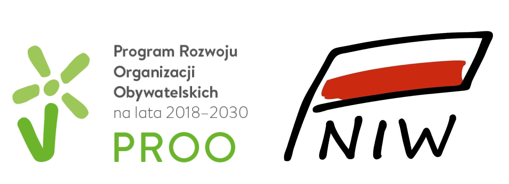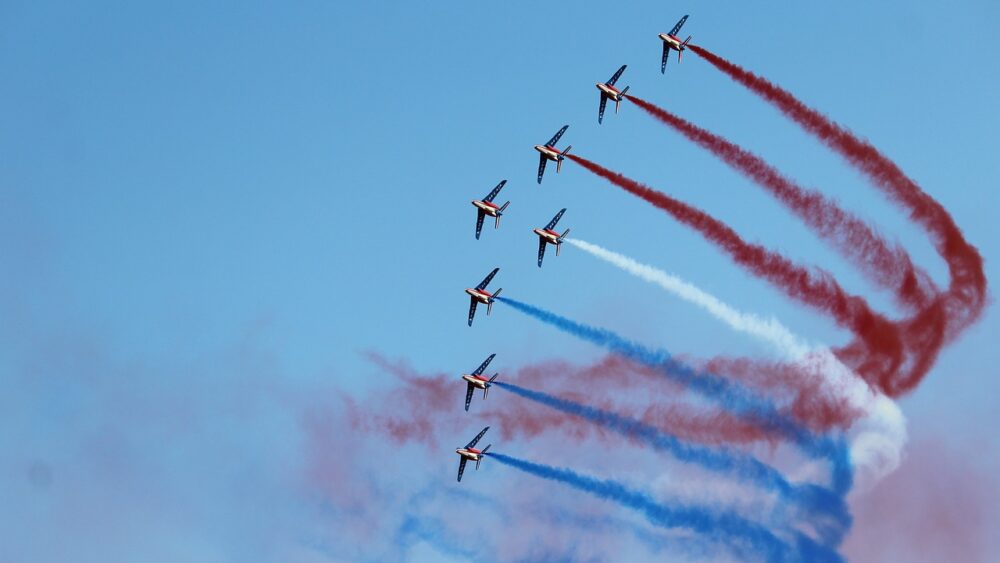Emmanuel Macron’s pivot to Russia has surprised the geopolitical circle of foreign relations’ specialists, as such a scenario was something absolutely no one expected. On one hand, France and Germany are the countries that nowadays decide on the EU’s strength, and Berlin allows itself to maintain relations that benefit Germany (see Nord Stream 2). On the other hand, Paris did not send very clear signals that would suggest France’s willingness to pursuit a policy of outreach to Russia, particularly at such harsh times for the NATO and the EU.
France is testing the waters for potential international alliances. The election of Donald Trump as the U.S President resulted in a permanent and visible detachment between the U.S. and French politics. The impasse in the U.S. and French relations created a gap and made it possible for another country to enter the picture. This turned out to be a perfect moment for the Russian Federation to show its willingness to cement the ties with France. Macron questioned NATO’s effectiveness, stressing that the U.S., under the current administration, rejects the very concept of the international community, showing that the country should prioritise its interests first at the expense of other countries. Also other EU Member States expressed concern as to whether strengthening the NATO is still in their interest. Such sentiments have created instability on the geopolitical arena and they have given grounds for more intensified questioning of Washington’s objectives. As a result, some challenging questions arise as to whether the U.S. can still play the lead role in maintaining stabilisation in the EU, and what the Kremlin’s role and purpose in responding to Macron’s call for long-term relations is.
My stance is neither pro-Russian nor anti-Russian but simply pro-European.
Emmanuel Macron, Munich Security Conference, 15/02/2020.
Source: https://www.theguardian.com/world/2020/feb/15/emmanuel-macron-sets-out-10-year-vision-for-eu-with-call-for-more-integration
There are a few common grounds on which the French and Russian treaty can be built:
Ending the war in Ukraine
France and Russia can find a solution to the conflict in Ukraine. The legitimacy of the 2014 Russian annexation of Crimea is particularly arguable. Currently, reaching a compromise that would help Ukraine in restoring its sovereignty over the eastern borders (French objective) and granting the Russian-speaking minorities living in eastern Ukraine (in the Luhansk and Donetsk districts) rights and protection (Russian objective) is of the utmost importance. These actions as part of a long-term strategy should assume a Normandy Format, and Emmanuel Macron should play a lead role in the negotiations.
I would like to point out that it is not quite right to say ‘the war in Ukraine’. It’s the war in Europe. And, together with the annexation of Crimea, it has already lasted the same period as the Second World War — six years.
President of Ukraine, Volodymyr Zelensky, Munich Security Conference, 15/02/2020.
Source: https://www.kyivpost.com/ukraine-politics/at-munich-conference-zelensky-calls-to-repair-european-security-starting-with-ukraine.html
Maintaining treaty with Iran
The French Republic and the Russian Federation can also become closer under the 2015 nuclear deal signed by Iran, the U.S., Russia, the UK, France, China and Germany. Trump’s administration has disapproved of this deal and refused to lift Iranian sanctions. Since then, Teheran has relaunched its nuclear weapons programme, challenging the the political and nuclear status quo. The situation evolved dynamically and Trump’s administration even considered waging a war against Iran. In such circumstances, France and Russia should share a common vision. The deal should be maintained to avoid the spread of nuclear weapons in the Middle East that is already vulnerable to numerous conflicts and tensions. Trump’s imposing sanctions on Iran has not concerned France at all. Irani President, Hassan Rouhani, who is a Russian ally, has found another ally in Europe. Emmanuel Macron offered to grant Iran a loan of USD 15 bn.
Finding a solution to the conflict in Syria
The prolonged civil war in Syria poses a threat not only to Syria itself, but to other countries in the region, and to Europe alike. As a results of attacks, thousands of people have died and millions have been forced to migrate. Refugees are now heading towards Europe. Russia plays an important role in this conflict – it decided to enter into the Syrian conflict as a military player and was also accused of assisting the government of Bashar al-Assad in carrying out a chemical weapons attack. Nowadays, Russia seeks to enter into an agreement with Turkey and Iran. While being of key importance to the Kremlin, the French support could also help in achieving ceasefire in Syria. France could play a lead role in ending the long-term and devastating war in which the Syrian citizens suffer the most.
Stabilisation in Central Africa
According to the French experts, private Russian military contractors play an important role in the Central African Republic conflict. Also in this case, stabilisation is possible when France and Russia, i.e. the country that has been permanently present in the region and the country that is re-establishing its presence there, reach a modus vivendi. Nowadays, Central Africa is less interesting to global watchdogs, but it plays an important role in the French and Russian relations. It can also constitute an element that will help in improving the bilateral relations between the two countries, and it can give grounds for future talks on more demanding topics.
French investments in Russia
It should be noted that Russia’s economic cooperation with individual EU Member States, including France, has not foundered. Foreign Direct Investment in Russia comes mainly from such big EU players as Germany and France, and over 500 Russian corporations have received a capital injection from the latter. Currently, the total French investment in the Russian economy totals approximately USD 15 bn.
Restoring collective security in Europe
OSCE’s powerlessness as regards verifying whether military treaties are observed and preventing conflicts in Europe, and the U.S. withdrawal from the INF Treaty that introduced a total ban on intermediate-range missiles, mean that France has assumed the lead role in negotiations with Moscow and Washington. If Emmanuel Macron wishes to cooperate with Russia, he must choose between solidarity with Eastern European allies (Poland and Baltic states) and Ukraine, and seeking a compromise with Vladimir Putin. The Russian President is also aware that granting any of the NATO member states, even France, substantial concessions may result in Russia’s isolation in Europe and lead to it’s losing its political clout. In such circumstances, both Macron’s and Putin’s goodwill will matter. There are no doubts that we are entering a new era of international relations in which France will play a key role.
Conclusions
Improving relations with the Kremlin would help the French President free from the U.S. geopolitical control. Emmanuel Macron is fighting for more autonomous and independent foreign policy, and – without the German participation – is advancing towards becoming the first Western leader and outrunning Donald Trump. He talks of assuming a new strategy towards Russia, which might find many supporters. He is aware that Russia’s position in Europe has deteriorated after annexation of Crimea, and he may use this in negotiations. At the same time, it seems that improving relations with France is of great importance to the Kremlin. Vladimir Putin would like to show the Western elites that regular partnership with Russia would be of benefit to them. It is interesting whether such cooperation will turn out to be fruitful.
Risks associated with coronavirus should also be taken into consideration. Will the COVID-19 pandemic affect the international situation and the relations between France and Russia? With all the crises that have already adversely impacted the situation in France, Emmanuel Macron does not seem to be ready to deal with yet another disaster that could ruin his chances in the 2022 presidential elections. Attempts to establish relations with Russia are an element of the French strategy of testing NATO and EU alliances, and a mean to seek potential opportunities to wield clout in Europe and Africa.
We are at war.
Emmanuel Macron on coronavirus threat, 16/03/2020.
Source: http://www.leparisien.fr/politique/coronavirus-confinement-municipales-entreprises-soignants-ce-qu-il-faut-retenir-des-annonces-d-emmanuel-macron-16-03-2020-8281587.php
Moreover, given the Russia’s coronavirus aid, Italy can become a Russian ally in the future. In such a situation, alliances in Europe should be redefined. There are no doubts that France’s tightening the ties with Russia and the coronavirus crisis are of great importance to Poland. From now on, the eyes should be turned to the East and the West alike.






























Comments are closed.